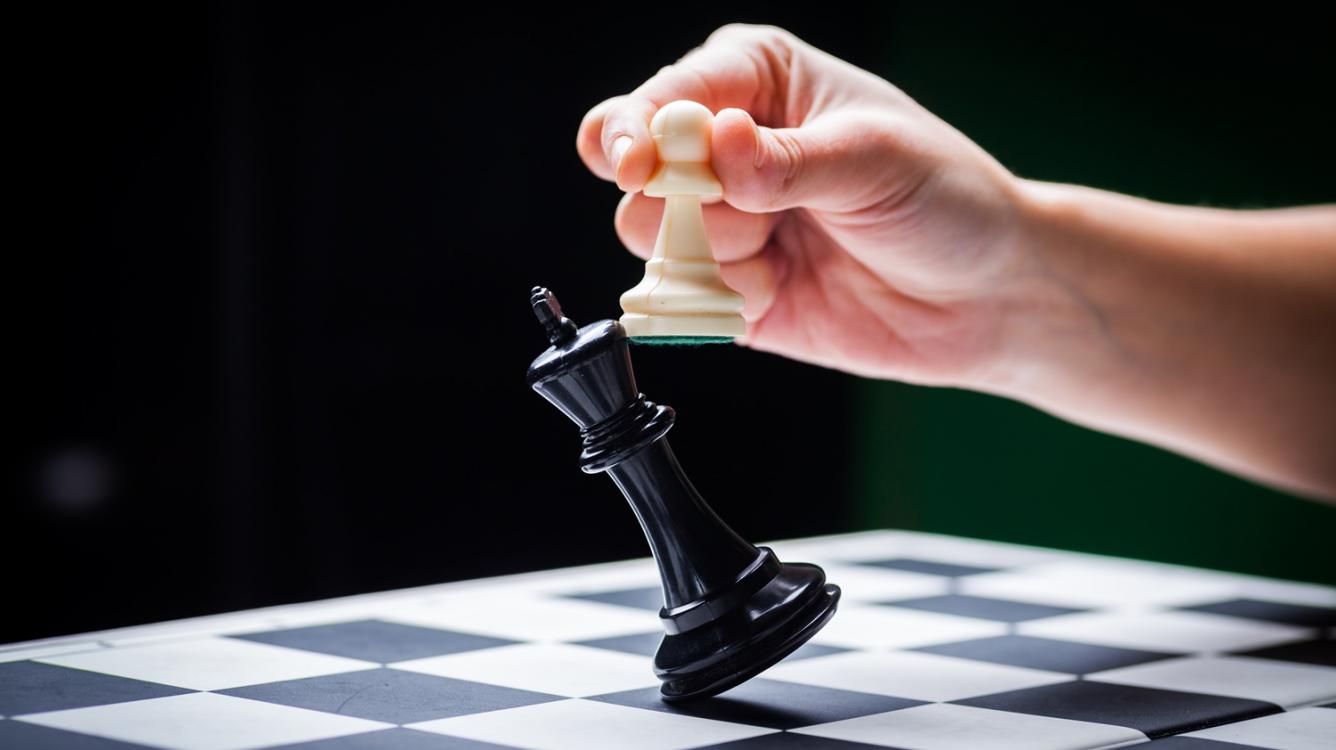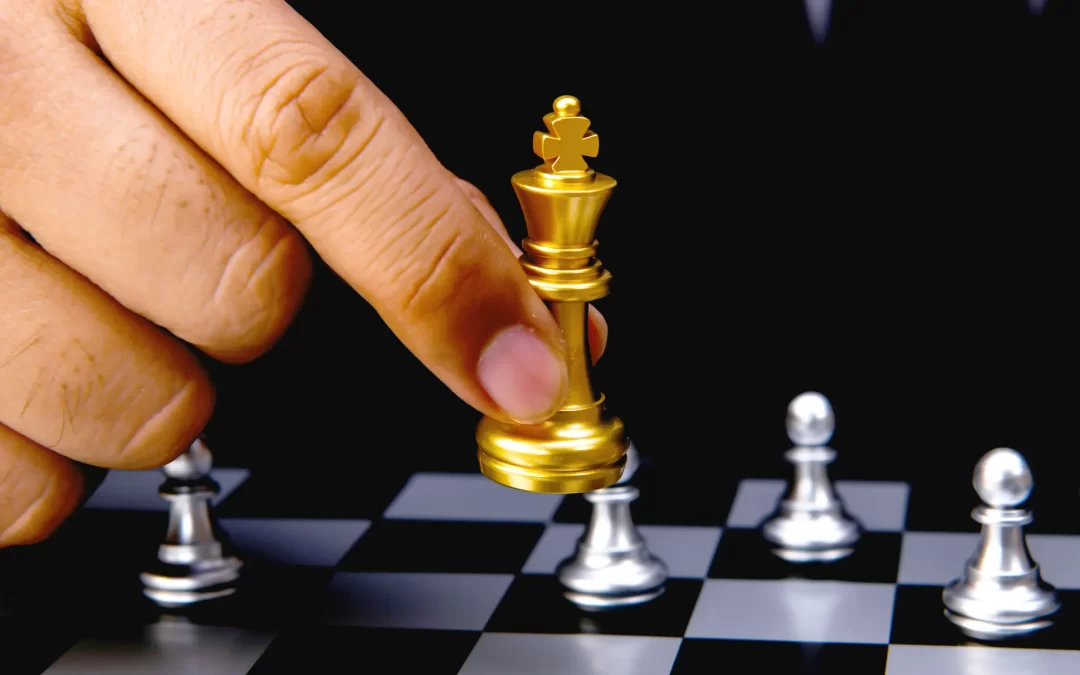Chess is more than just a game—it’s a mental workout that sharpens critical thinking, patience, and problem-solving skills. While structured lessons lay the foundation, true mastery comes through consistent chess practice. As a parent, equipping your child with the right practice materials ensures they continue progressing outside of class.
Why Practice Materials Matter
Just like musicians and athletes need regular training, young chess players must practice consistently to improve. The right tools help children:
✔ Reinforce concepts learned in class
✔ Develop strategic thinking and problem-solving skills
✔ Gain confidence through self-paced learning
✔ Track progress and identify areas for improvement
✔ Prepare for competitive play
Essential Practice Materials for Young Chess Players

1. Chess Workbooks & Puzzle Books
Structured exercises reinforce tactical and positional understanding. Choose books that align with your child’s skill level, offering progressively challenging puzzles. Popular options include:
Read more, Encouraging a Healthy Relationship with Winning and Losing in Chess
📖 Bobby Fischer Teaches Chess (Beginner)
📖 Winning Chess Tactics by Yasser Seirawan (Intermediate)
📖 100 Endgames You Must Know by Jesús de la Villa (Advanced)
2. Online Chess Platforms & Apps
Digital tools offer interactive lessons, practice games, and puzzle-solving exercises. Top-rated platforms include:
💻 Chess.com—Offers tactics training, lessons, and AI analysis
💻 Lichess.org – Free and open-source with excellent training tools
💻 ChessKid – A kid-friendly version of Chess.com with safety features
3. Annotated Grandmaster Games
Studying classic chess games teaches children different playing styles and decision-making chess techniques. Encourage them to replay games and predict moves.
🔍 Suggested books: Logical Chess: Move by Move by Irving Chernev
4. Chess Engines & Analysis Tools
Practicing against a chess engine helps children refine their skills. Popular analysis tools include:
🖥 Stockfish – A free, powerful chess engine for game analysis
🖥 Fritz Chess – Offers adaptive difficulty and interactive lessons
5. Tactical & Strategy Flashcards
Flashcards are great for memorising key chess patterns, opening principles, and endgame techniques. They make learning fun and interactive.
6. Physical Chess Sets & Training Boards
While digital chess is convenient, playing on a real board improves visualisation skills. Encourage children to replay games and practice moves with family or friends.
Read more, From Beginners to Champions: Our Approach to Skill-Based Learning
7. Chess Journals & Notation Books
Recording games helps children analyse mistakes and track their progress. Many tournaments require notation, so developing this habit early is beneficial.
8. Structured Chess Training Programs
Enrolling in an online or in-person chess program provides structured learning. Consider programs like:
🏆 Premier Chess Academy—personalised coaching for kids
🏆 The Steps Method—A systematic approach to chess improvement
Encouraging Tournament Play
Introducing children to competitive chess motivates them to improve and apply learnt strategies. Parents can:
✔ Encourage participation in local or online tournaments
✔ Help children analyze their games post-tournament.
✔ Celebrate progress rather than just wins
How Parents Can Support Chess Practice
Parental involvement plays a key role in a child’s chess development. Here’s how you can help:
✔ Set a regular practice schedule (even 15–30 minutes a day helps)
✔ Mix online and offline learning for variety
✔ Play friendly games and discuss strategies
✔ Create a chess-friendly environment at home (dedicated space, quiet surroundings).
✔ Encourage participation in tournaments for motivation and growth
Conclusion
Chess mastery doesn’t stop at lessons—it thrives through continuous practice. By providing the right tools, parents can empower their child to develop skills, think strategically, and enjoy the game for years to come. Whether through workbooks, online platforms, or tournament play, every effort counts.
Encourage your child to practice, and watch their chess abilities flourish!


Recent Comments